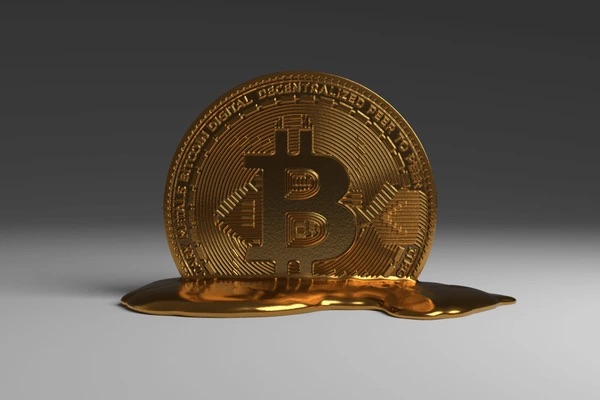The Ethereum Network Sees Bullish Trends
The Ethereum network is experiencing optimistic signs, having recorded a yearly peak of 1.8 million transactions this month. More Ether is being secured in the network as American regulators provide guidance and definitions for staking.
Bitcoin’s Current Slump
In contrast, Bitcoin (BTC) is in decline, with the currency down more than 5% in the last 30 days. A significant trade amounting to $2.7 billion triggered a flash crash on Aug. 24.
Countries holding Bitcoin in their treasury continue to issue debt to finance their major Bitcoin acquisitions. In August, Strategy and Metaplanet collectively acquired 5,370 BTC.
State Regulations on Crypto ATMs
In the United States, state regulators are collaborating with senior citizen advocacy groups to limit crypto ATMs, which are frequently exploited for fraud. Two states proposed legislation in the past month.
Ethereum’s Transaction Record
Transactions on the Ethereum network reached a one-year high on Aug. 5, as the blockchain processed over 1.8 million transactions.
This annual peak coincides with new records for Ether (ETH) staked; nearly 30% of the Ether supply is now locked. This significant amount of staked Ether suggests that investors are committing to their holdings, preferring to stake their investments on exchanges for rewards instead of selling.
Potential Ether ETF Developments
The US Securities and Exchange Commission issued a statement clarifying its stance on liquid staking. Many interpreted this to indicate that an Ether exchange-traded fund (ETF) with staking could be on the horizon.
Flash Crash Triggered by Whale Trade
On Aug. 24, a Bitcoin whale offloaded 24,000 BTC valued at approximately $2.7 billion, leading to a flash crash in Bitcoin markets. According to QCP, this incident liquidated about $500 million in leveraged positions within minutes.
Prior to the sale, Bitcoin was trading within a narrow range while Ether reached new record highs. Bitcoin dominance fell from 60% to 57% in August. Although Bitcoin dominance remains significantly above the levels observed during the 2021 altcoin season, analysts believe that approval of Ether ETFs with staking could support the idea that ETH is poised to outperform soon, QCP stated.
Legislation on Crypto Kiosks
The US states of Rhode Island and Wisconsin proposed legislation to regulate crypto kiosks in August, raising the total number of states with such regulations to 13. Some municipalities, such as Stillwater, Minnesota, and Spokane, Washington, have taken the step of outright banning them.
Many scams involving ATMs target senior citizens who may not be familiar with newer technologies like Bitcoin and crypto. Much of the state legislation was developed with the backing and guidance of the American Association of Retired Persons, which focuses on issues affecting those aged 50 and older.
Bitcoin Treasury Purchases
Strategy, the leading firm for Bitcoin treasuries, acquired 3,511 BTC in August. Given that Bitcoin averaged around $116,000 in August, Strategy’s total Bitcoin purchase for the month is approximately $407.2 million.
Meanwhile, Japanese investment firm Metaplanet also increased its Bitcoin holdings by purchasing 1,859 BTC. Based on the mentioned average price, Metaplanet’s total Bitcoin expenditure for August is valued at just over $215.6 million.
Cybercrime Statistics
Data from DefiLlama indicates that cybercriminals siphoned off $53 million from decentralized finance (DeFi) exploits in August, with the $48 million hack of Turkish cryptocurrency exchange BtcTurk accounting for a significant portion.
The crypto sector is making a concerted effort to address rising hack incidents. However, some industry experts remain skeptical. Ronghui Gu, a computer science professor at Columbia University and co-founder of the blockchain security platform CertiK, remarked during a Cointelegraph Chain Reaction daily live X Spaces show, “It’s an endless war” between hackers and security professionals.
Bitcoin’s Share of Global Money Supply
An August report from Bitcoin financial services company River determined that Bitcoin now constitutes 1.7% of the global money supply.
This conclusion was derived by comparing Bitcoin’s market capitalization against a $112.9 trillion collection of fiat currencies and $25.1 trillion in hard money, excluding silver, platinum, and other exotic metals.
River’s analysis assumed a market cap of $2.4 trillion for Bitcoin. At the time of publishing, Bitcoin’s market capitalization stands at $2.21 trillion, putting its share of global money supply closer to 1.6%.




















